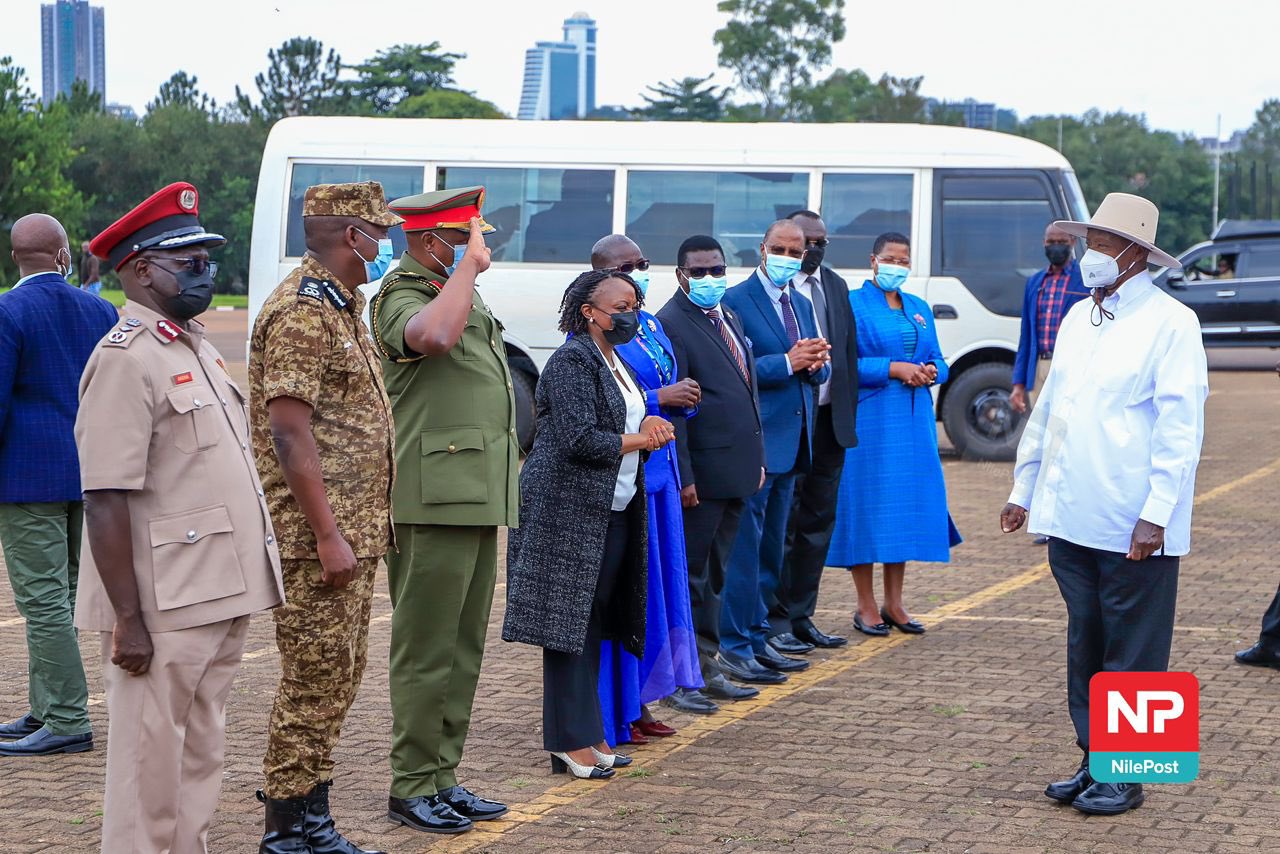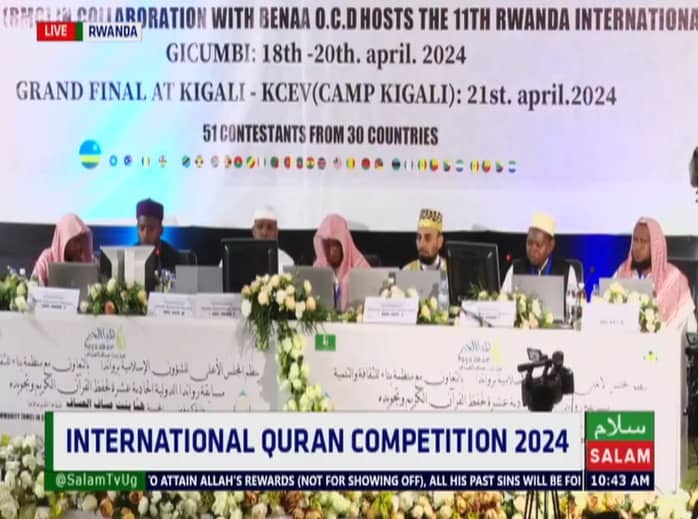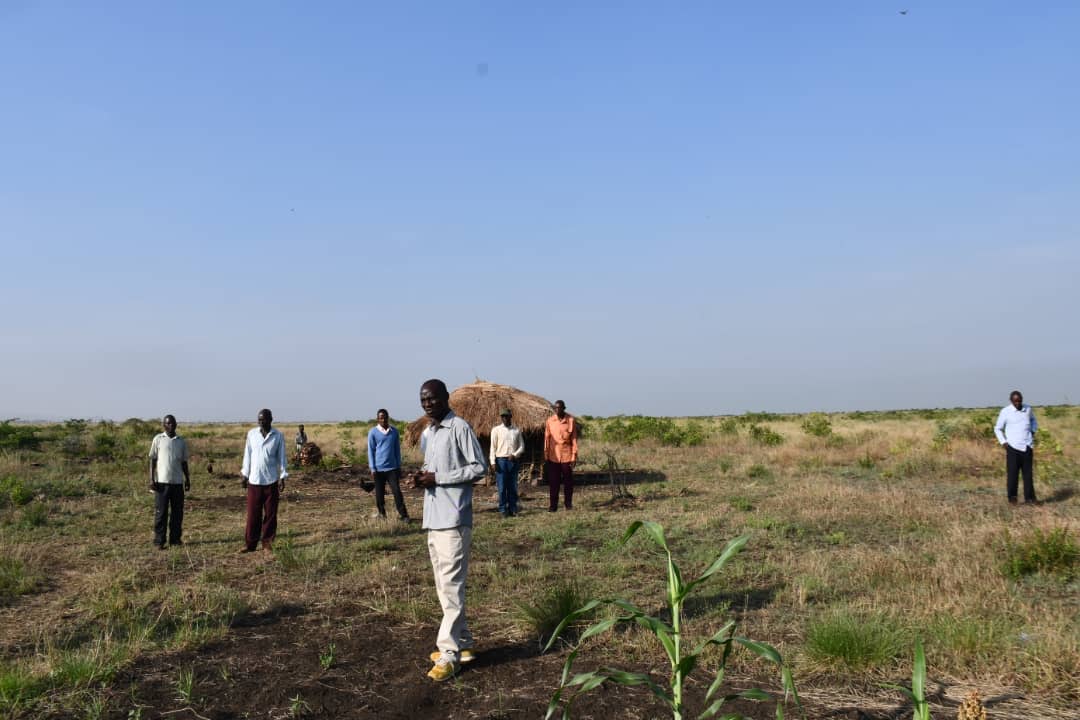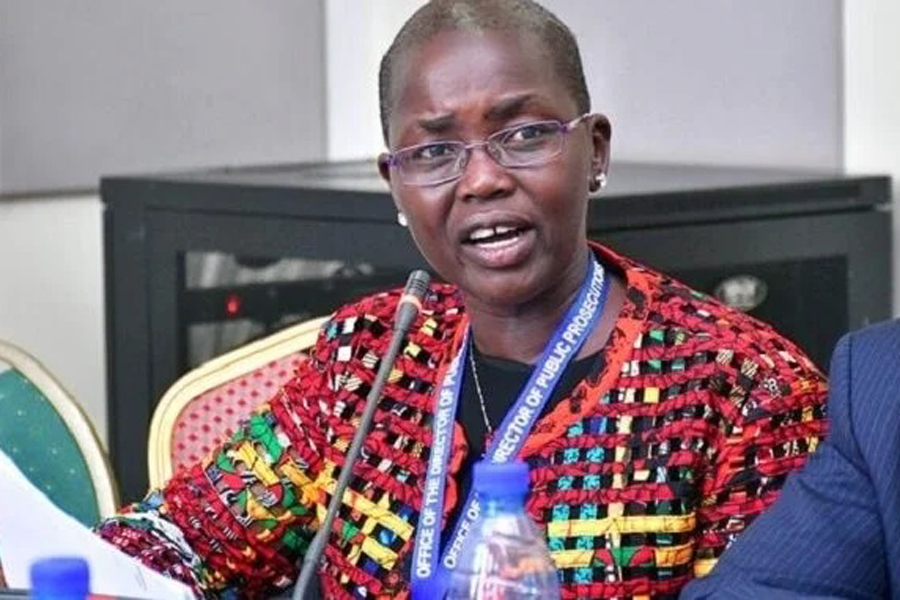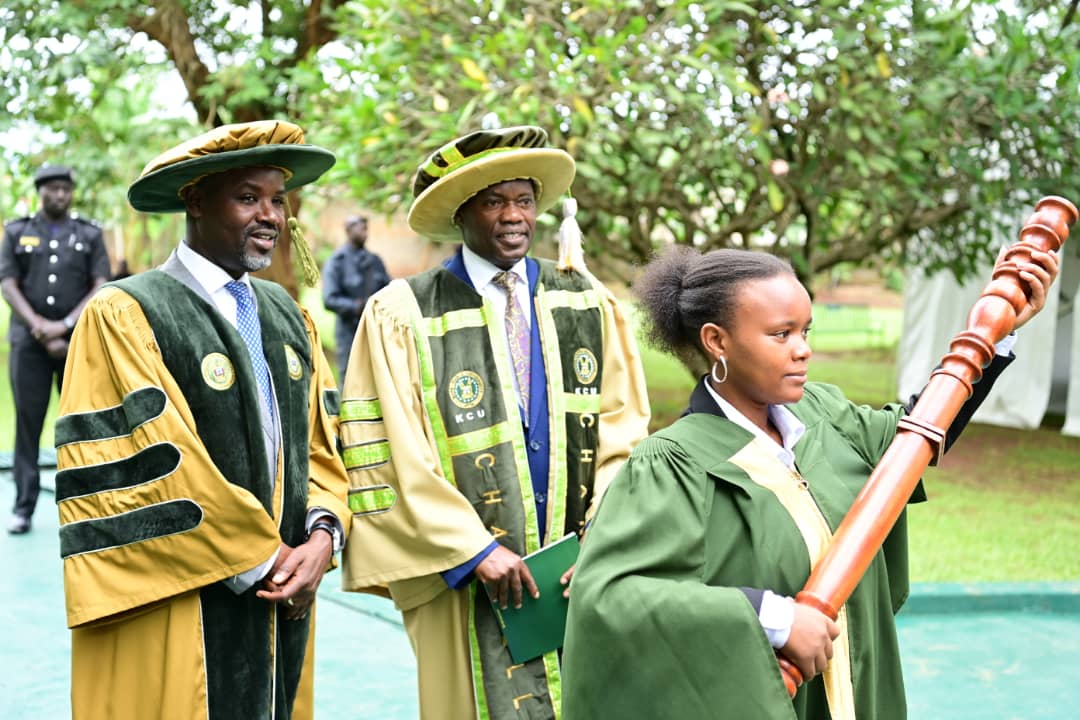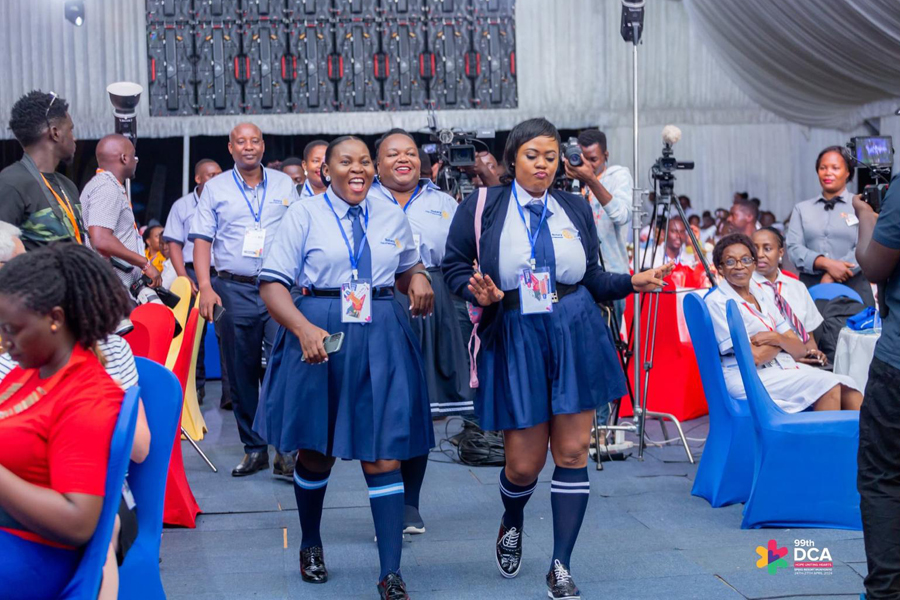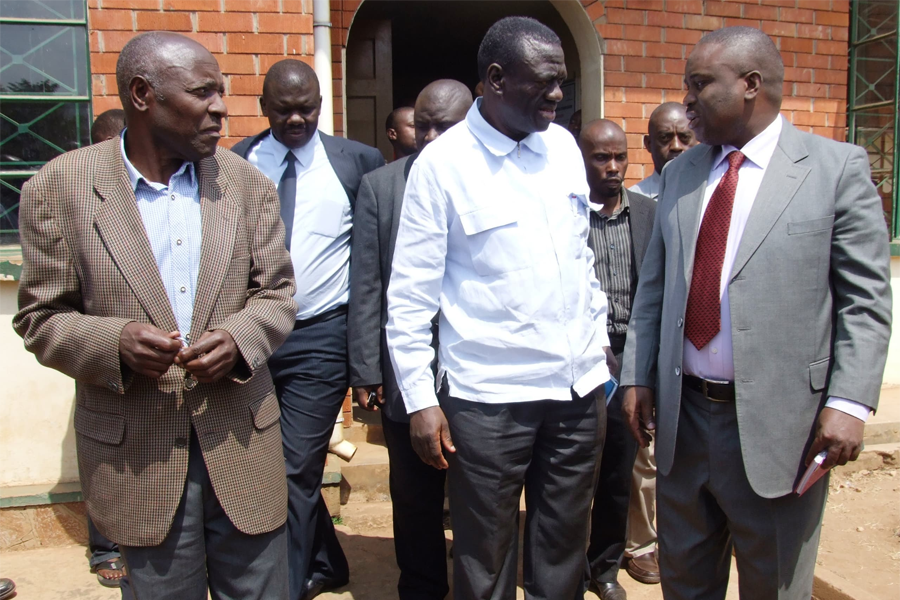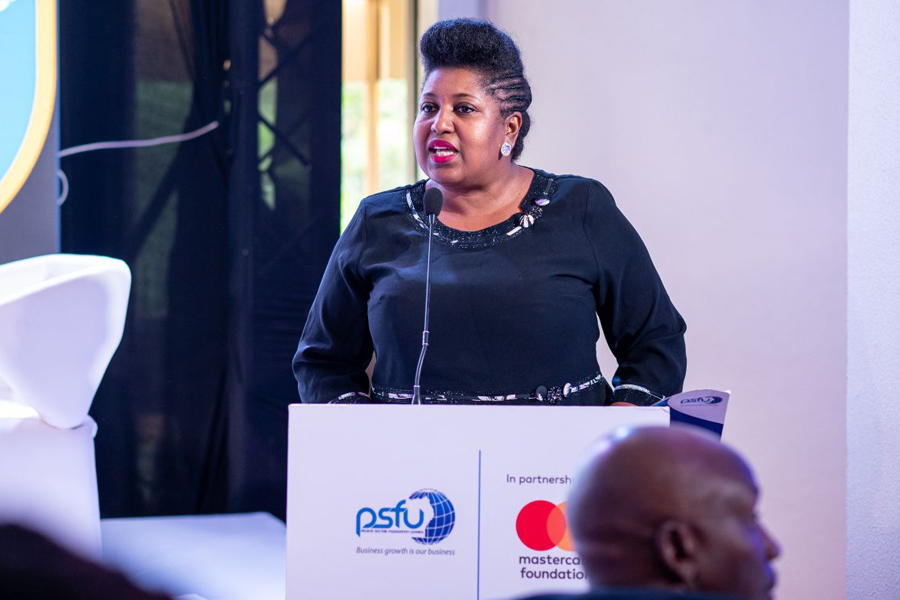How timing of events complimented Museveni’s Unity and Cooperation message in Kinshasa
President Museveni landed at Ndjili International Airport aboard the Ugandan presidential Gulfstream carrier on February 24th, 2022 at around midday Central African Time, in the background of distant combat between the Ugandan Army and the ragtag ADF.
President Museveni was in the august company of former Prime Minister John Patrick Amama Mbabazi, who has recently assumed the new role of Head of the African Global Security Foundation, a continental security Think-Tank.
After a brief exchange of pleasantries, the Ugandan entourage now loaded with their principal was cruised through Kinshasa Central Business District to the African Union Village above the Presidential Palace or the “White House” as it was referred to by certain sections of the locals present.
President Museveni was the key that was needed to ignite the 10th Heads of State Summit of the Regional Oversight Mechanism of the Addis Ababa Framework Agreement which was now the agenda of the day and indeed, eight Heads of State had turned up.
President Museveni was in his capacity as the chairperson of the Regional Oversight Mechanism (ROM) which he was due to hand over to host president H.E Felix Antoine Tshilombo Tshisekedi.
Timing of the summit (ROM)
The first kind of this meeting took place nine years ago (26th May 2013) in Addis Ababa and H.E Tshisekedi was not yet in power.
However, 11 countries concerned with the cycle of unending conflict that would build up from the Eastern DRC and engulf surrounding states, met and signed a cooperation agreement to promote peace and security in the region.
The countries included; Uganda, Rwanda, DRC, South Africa, Tanzania, Central African Republic, Zambia, Burundi, South Sudan, and Angola. These were later joined by Kenya and Sudan in 2014.
This summit arrived on the hot heels of a coup scare in the host country against H.E Tshisekedi, the country’s first democratic baton holder since 1960.
H.E Tshisekedi’s government following the coup attempt confirmed evidence of a “serious security threat” rounding up long-serving security advisor Francois Beya 67, who is accused of “trying something new in the absence of the Head of State”.
The coup attempt is only a small bit of Congo’s woes since it only happened on the sidelines of a loud battle in the Eastern region featuring The Armed Forces of the Democratic Republic of Congo (FARDC), and the UPDF on one end with terrorist outfit ADF on the other, the mission has been successfully baptized Operation Shuja.
While the presence of the UPDF in DRC is hinged on the actions of the ADF which culminated in the Kampala twin bombings in Kampala last year, the main objective is to wholly deal with the ADF insurgency by flashing them out of DRC where they have recently set up base.
The end result would definitely be long-term peace for both nations and their peoples, as explained prior by UPDF’s Col James Kasule.
President Museveni reiterated the remarks by adding that the end strategy of the operation is to “uproot them (ADF)”.
“We just want to wipe out the ADF. If the DRC government works with us, they are not a big issue,” President Museveni said.
Museveni issues a clarion call for cooperation amongst states
When he rose to speak, President Museveni did not mince his words on the progress of the Regional Oversight Mechanism, frankly stating that the project he had overseen as chairperson had been choked by a multitude of issues hence failure to work so far.
He pinpointed four reasons as to why the ROM had developed cold feet, most importantly pointing at the lack of cooperation between states.
"I want to inform you that the mechanism has not worked well for 4 reasons," Museveni said, identifying the four (4) reasons as being; the imported pseudo ideology of exclusion and sectarianism, handling of security in the region, lack of cooperation, poor infrastructure and lack of social-economic transformation among others,” he said.
President Museveni is certain that the beginning of all trouble emanated from certain groups who have been preaching the politics of Pseudo ideology, ironically, those groups do not belong to the Great Lakes Region but pride themselves in sowing confusion.
"In the great lakes, we know the people who live there since time immemorial. The ones who live in the grasslands, in the mountains and forest regions, but some have been promoting a pseudo ideology of exclusion. This is what caused big problems in Rwanda and Burundi and other parts.”
He reminisced the unity and cooperation that was exhibited by former African Leaders like Mwalimu (Julius) Nyerere whom he said had even bigger security problems than those hanging out today.
“There must be something missing because we have the better capacity today, we have got clear views, we have better means than what our predecessors had, yet because of Unity and Cooperation, they fought bigger battles and won,” Museveni said.
“Africans were able to defeat Ian Smith in Zimbabwe, then they defeated the whites in South Africa and Namibia. We defeated the whole Portuguese army in Africa in 1974. So how can we now fail to defeat ragtag groups like the ADF?” he posed.
In the same breath, President Museveni lavished praise of H.E Tshisekedi for allowing a cooperation framework with Uganda to defeat the “small problem of ADF”.
"I can tell you if we cooperate, there's no security problem we cannot defeat in Africa. I'm telling you this because I know it," Museveni stressed.
In attendance were among others; Republic of Congo Brazzaville President Denis Sassou-Nguesso, Ali Bongo Odimba (Gabon)
President of Angola Jose Eduardos Santos, that of South Africa Cyril Ramaphosa, Évariste Ndayishimiye of Burundi and Jean-Pierre Lacroix - UN Undersecretary on Peace operations.


